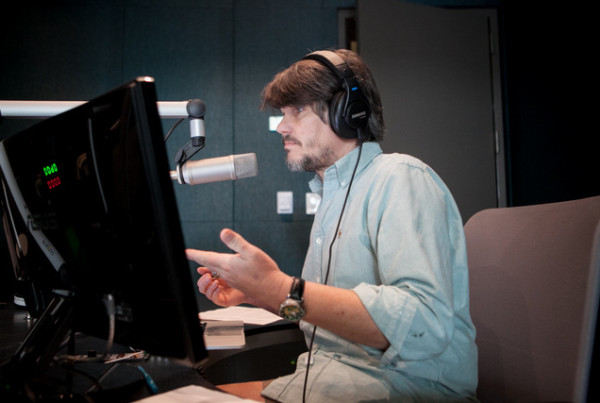What do three Atlanta-based rappers, a professor from the University of Richmond and a 50-year-old lawyer in Dallas have in common?
No, this isn’t the beginning of a bad joke – these men have all stepped up to protect the speech rights of Taylor Bell, a young man that was suspended from his high school for recording a song that alleged sexual misconduct toward female students by two of the school’s coaches.
Bell, who raps under the moniker T-Bizzle, was kicked out of his Fulton, Mississippi, high school in 2011 after officials deemed his song threatened the coaches with gun-related violence.
The suspension sparked a First Amendment case that’s been wending its way through the court system. Now the Supreme Court is set to decide whether to hear the case in February.
Dallas-based lawyer Chad Baruch penned an amicus brief in the case, aimed at informing the Justices about the world of hip-hop vernacular and prose, as they ponder whether to take this case.
Baruch says the case appealed to him because he has handled a number of First Amendment cases and worked as a high school administrator for 15 years, but he’s no hip-hop scholar.
“I jokingly tell people that rap is just Run DMC and the Beastie Boys,” he says, “because that’s just my age group.”
He says rappers often play out personal grievances in the form of “diss tracks” and hip-hop has “deep roots” as a form of political expression.
“This is very sophisticated word play,” he says. “Taylor, the young man who wrote the song, really is squarely within a pretty deep-rooted tradition in hip-hop of using this music as a form of political expression.”
In the brief he filed, Baruch says one of the lines from the song that references putting a “gun in the mouth” of one of the coaches may be “metaphorical” and is, in fact, a commonly used rap lyric.
“We cited four or five different examples of very popular and commercially successful and critically acclaimed rap artists who’ve used a virtually identical lyric,” he says. “So he’s borrowing from some of the pre-eminent artists in the world.”
Listen to the full interview in the audio player above.














